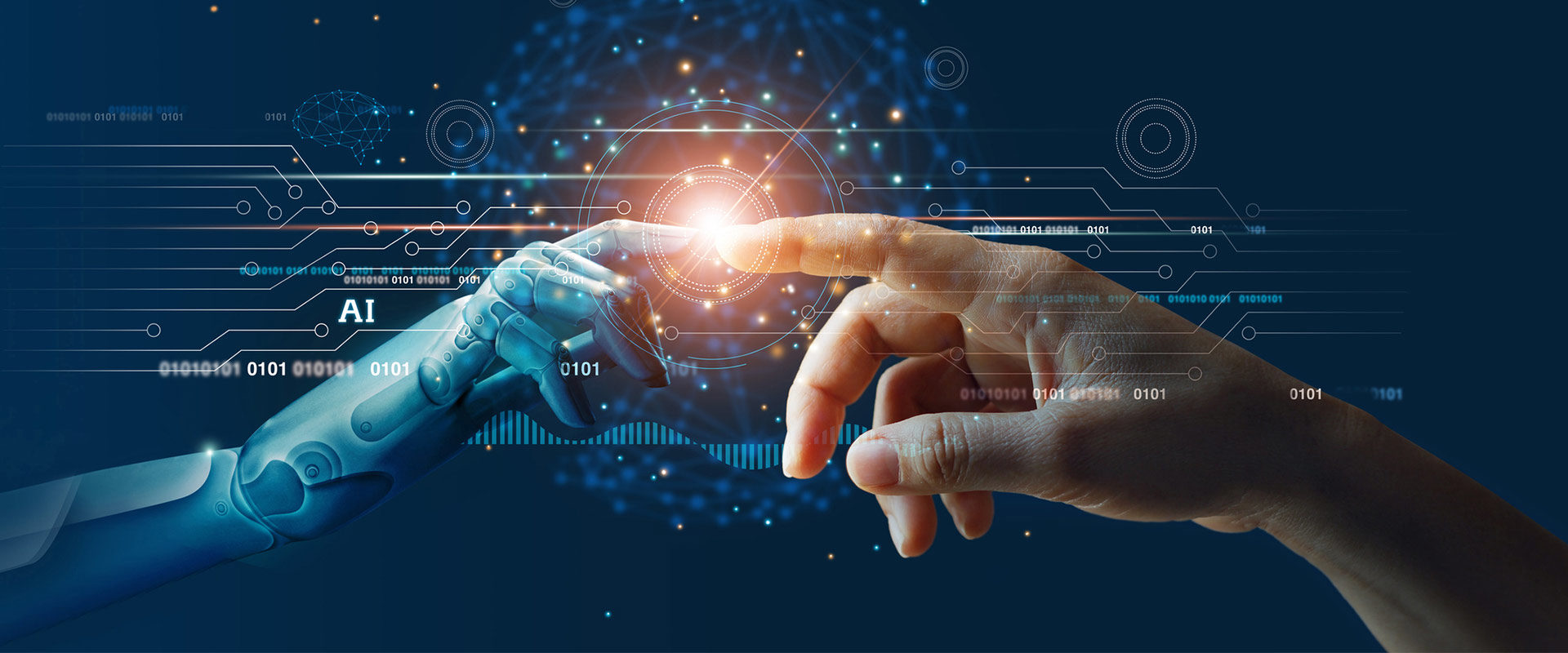Navigating Workforce Transformation in the Era of Artificial General Intelligence
by Melissa Sanchez, Research Director
Abstract:
This paper explores the implications of Artificial General Intelligence (AGI) on workforce transformation and the evolving role of Human Resources (HR) in managing this paradigm shift. As organizations integrate AGI technologies, HR practitioners play a crucial role in facilitating a seamless transition, addressing talent management challenges, and fostering a culture of continuous learning.
Introduction:
The advent of Artificial General Intelligence marks a significant milestone in the technological landscape, introducing capabilities that extend beyond narrow AI systems. AGI’s potential to perform any intellectual task at a human level prompts a reevaluation of workforce dynamics and necessitates strategic interventions from HR professionals.
Impact on Job Roles:
AGI implementation will inevitably redefine job roles, automating routine tasks and augmenting complex decision-making processes. HR must conduct comprehensive job analyses to identify tasks suitable for automation and guide employees toward upskilling or reskilling to align with evolving job requirements.
Talent Acquisition and Retention:
The integration of AGI requires a recalibration of talent acquisition strategies. HR practitioners need to identify and attract individuals with the skills necessary to collaborate effectively with AGI technologies. Additionally, retention efforts should focus on nurturing a work environment that promotes adaptability and continuous learning.
Skills Development and Training:
A key responsibility of HR in the AGI era is designing and implementing robust training programs. These initiatives should equip employees with the skills needed to collaborate with AGI systems, emphasizing critical thinking, problem-solving, and creativity. Continuous learning programs will be essential to keep the workforce agile in the face of evolving technological landscapes.
Change Management:
HR plays a pivotal role in managing organizational change associated with AGI adoption. Effective communication strategies, stakeholder engagement, and change management frameworks are essential to minimize resistance and foster a positive organizational culture. HR practitioners should serve as change champions, guiding employees through the transformation process.
Ethical Considerations:
As AGI becomes integral to business operations, HR must address ethical considerations surrounding the use of AI in the workplace. Policies and guidelines should be established to ensure fairness, transparency, and accountability in decision-making processes involving AGI. Additionally, HR should foster a culture that upholds ethical behavior and responsible AI use.
Diversity, Equity, and Inclusion:
HR’s commitment to diversity, equity and inclusion becomes even more critical in the AGI era. Ensuring equitable access to opportunities and mitigating biases in AI systems are imperative. HR practitioners should actively monitor and address any unintended consequences of AGI on workforce diversity.
Conclusion:
The integration of Artificial General Intelligence presents both challenges and opportunities for organizations. HR practitioners, as strategic partners, are instrumental in guiding the workforce through this transformation. By proactively addressing talent management, skills development, change management, ethical considerations, and diversity, equity and inclusion, HR can position organizations for success in the evolving landscape of AGI.
References:
A list of suggested references for you to help you start thinking about the implications of Artificial General Intelligence on your organization and workforce.
- Autor, D. H., & Salomons, A. (2018). “Is automation labor-displacing? Productivity growth, employment, and the labor share.” Brookings Papers on Economic Activity.
- Bersin, J. (2017). “Predictions for 2017: Everything Is Becoming Digital.” Bersin by Deloitte.
- World Economic Forum. (2020). “The Future of Jobs Report 2020.” World Economic Forum.
- Kotter, J. P. (1996). “Leading Change.” Harvard Business Review
- Floridi, L., & Cowls, J. (2019). “A Unified Framework of Five Principles for AI in Society.” Harvard Data Science Review.
- Wittenberg-Cox, A., & Maitland, A. (2009). “Why Women Mean Business: Understanding the Emergence of Our Next Economic Revolution.” John Wiley & Sons.

